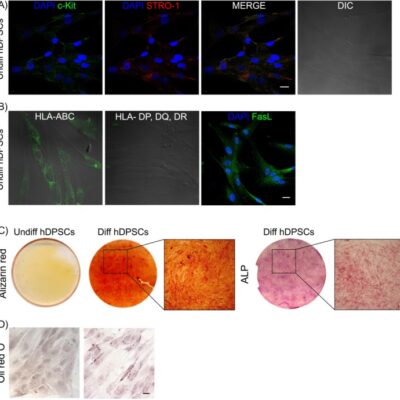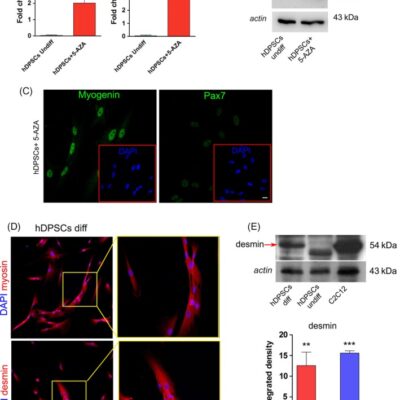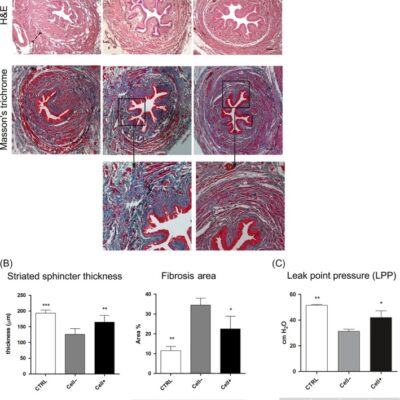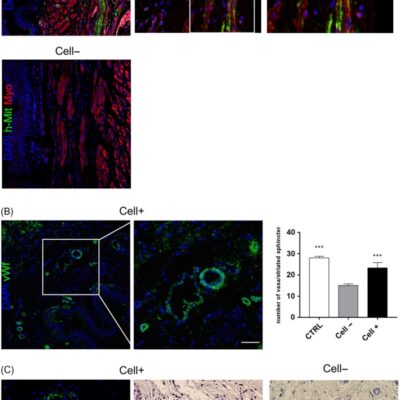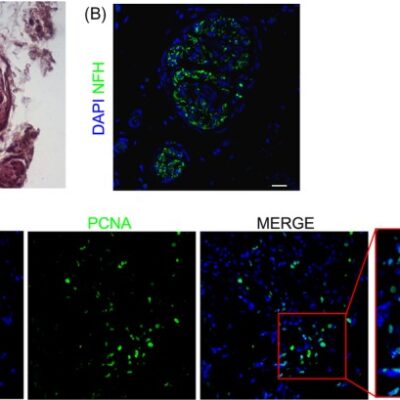Alessio Zordani, Alessandra Pisciotta, Laura Bertoni, Giulia Bertani, Antonio Vallarola, Daniela Giuliani, Stefano Puliatti, Daniela Mecugni, Giampaolo Bianchi, Anto de Pol, Gianluca Carnevale
- PMID: 31553127
- PMCID: PMC6868931
- DOI: 10.1111/cpr.12675
Abstract
Objectives: To evaluate the regenerative potential of human dental pulp stem cells (hDPSCs) in an animal model of stress urinary incontinence (SUI). SUI, an involuntary leakage of urine, is due to physical stress involving an increase in bladder pressure and a damage of external urethral sphincter affecting muscles and nerves. Conventional therapies can only relieve the symptoms. Human DPSCs are characterized by peculiar stemness and immunomodulatory properties and might provide an alternative tool for SUI therapy.
Materials and methods: In vitro phase: hDPSCs were induced towards the myogenic commitment following a 24 hours pre-conditioning with 5-aza-2′-deoxycytidine (5-Aza), then differentiation was evaluated. In vivo phase: pudendal nerve was transected in female rats to induce stress urinary incontinence; then, pre-differentiated hDPSCs were injected in the striated urethral sphincter. Four weeks later, urethral sphincter regeneration was assayed through histological, functional and immunohistochemical analyses.
Results: Human DPSCs were able to commit towards myogenic lineage in vitro and, four weeks after cell injection, hDPSCs engrafted in the external urethral sphincter whose thickness was almost recovered, committed towards myogenic lineage in vivo, promoted vascularization and an appreciable recovery of the continence. Moreover, hDPSCs were detected within the nerve, suggesting their participation in repair of transected nerve.
Conclusions: These promising data and further investigations on immunomodulatory abilities of hDPSCs would allow to make them a potential tool for alternative therapies of SUI.
© 2019 The Authors. Cell Proliferation Published by John Wiley & Sons Ltd.
Conflict of interest statement
The authors declare that no conflict of interests exists.
